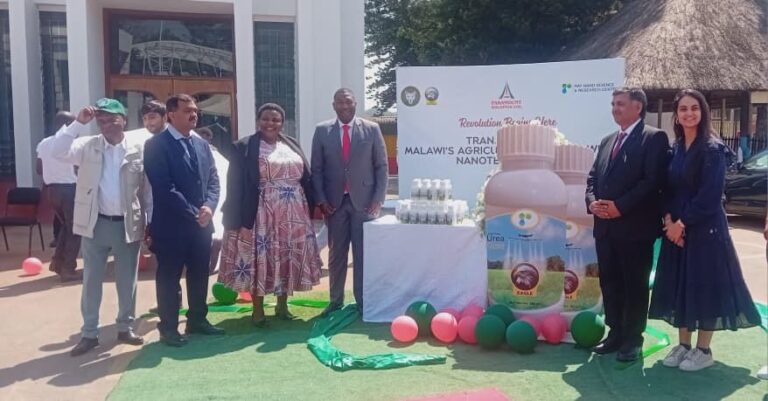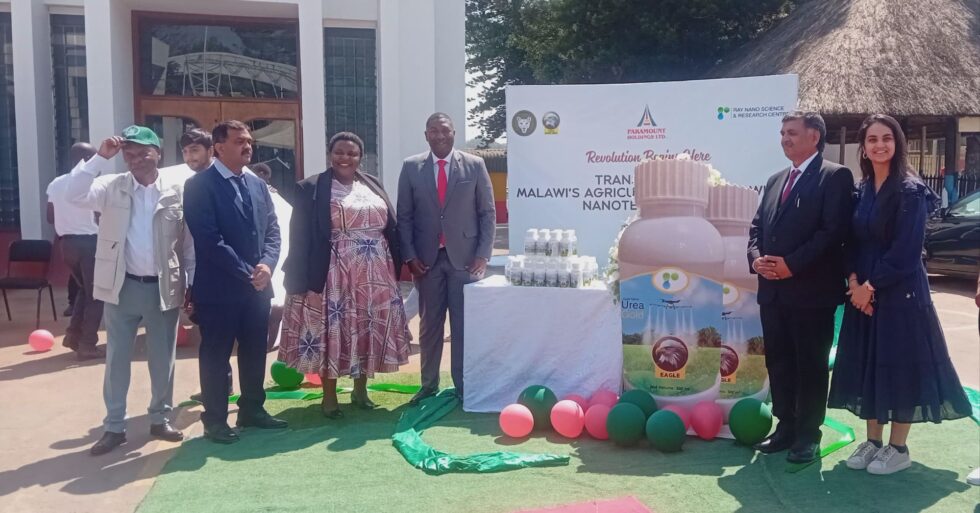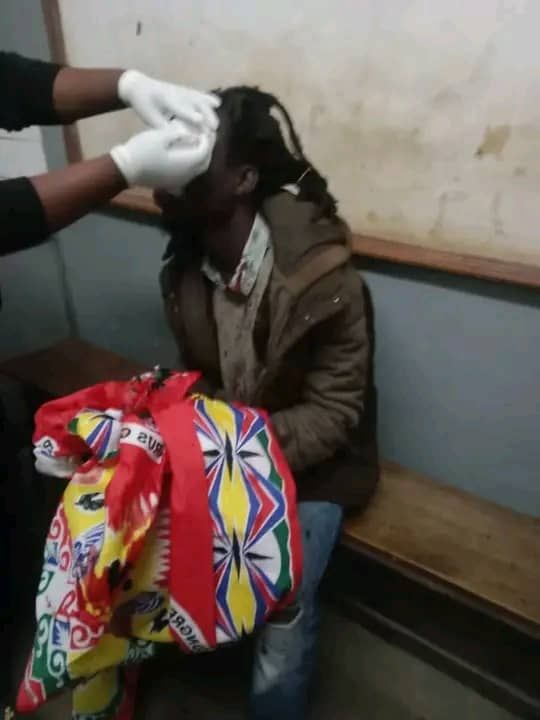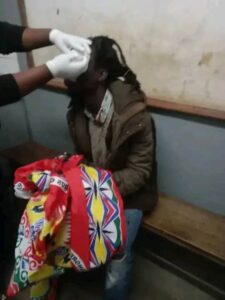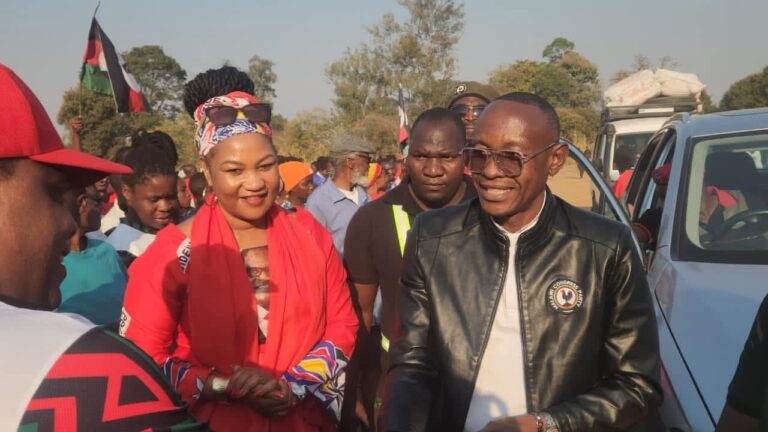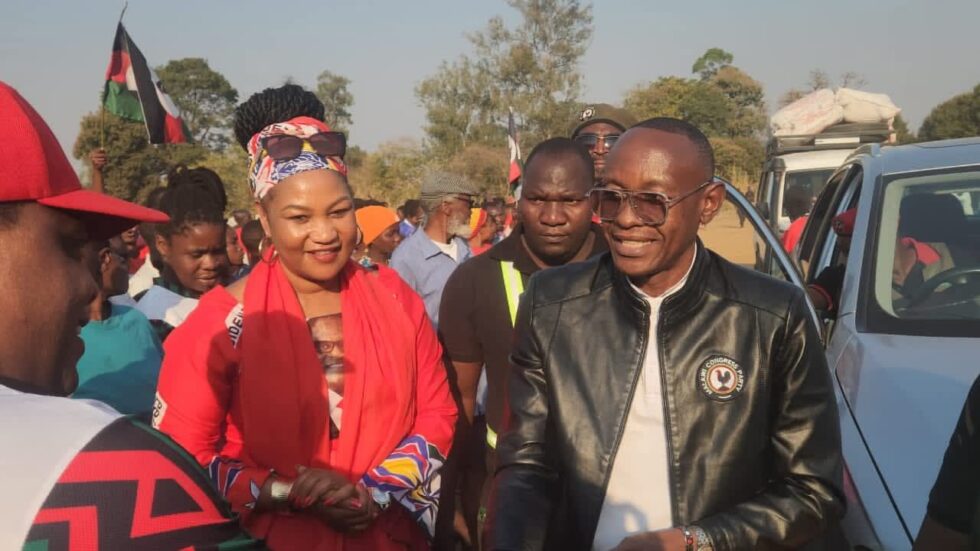By Rahim Abdul
Malawian competitive eater Spana has expressed gratitude for the financial support he has received from US-based Malawian, Chawezi Banda, popularly known as Chacha.
Speaking to 247 Malawi News, Spana said he was thankful for the K1.5 million donation that Chacha sent him to help cover his travel expenses.
“I was struggling to find money to buy my ticket to Nigeria where I will be competing in the upcoming fast-eating contest. This support has made it possible for me to represent Malawi on the international stage,” said Spana.

He further clarified that his mission is not to travel to Nigeria just for personal glory but also to showcase Malawian talent and prove to Nigerians that Malawi has strong contenders in speed-eating competitions.
Spana has already built a name for himself in the competitive eating scene, having participated and won several contests in South Africa.
His consistency and determination have made him one of the most recognized figures in this unusual but fast-growing sport.
The Nigeria contest, scheduled for September 6, 2025, is expected to attract participants from across Africa and beyond.
For Spana, it presents another opportunity to put Malawi on the map and inspire other young people to explore different talents that can take them abroad.



